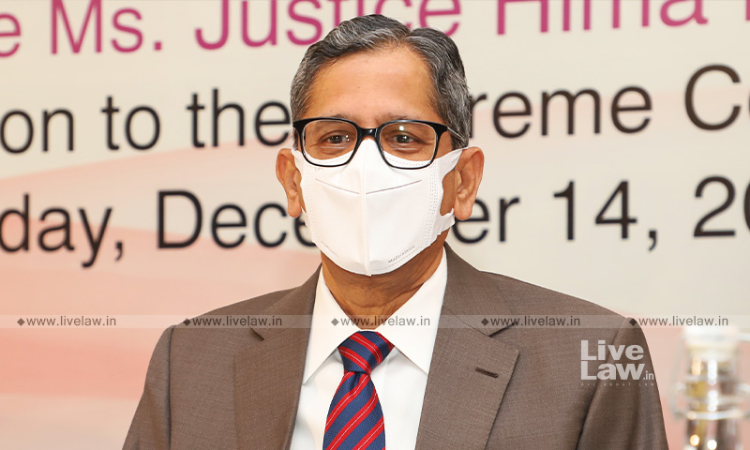If Rule Of Law Is Not Present In Any Nation Anarchy Reigns: Chief Justice NV Ramana
Sneha Rao
26 Dec 2021 8:51 AM IST

Next Story
26 Dec 2021 8:51 AM IST
Speaking at an event where he was conferred with a Lifetime Achievement Award by the Rotary Club of Vijayawada Chief Justice N.V.Ramana spoke about the importance of Rule of Law in a democracy.CJI said that the Rule of Law is fundamental for democracy and urged lawyers, judges, and other members of the audience to educate people on its importance. "If Rule of Law is not present in...
